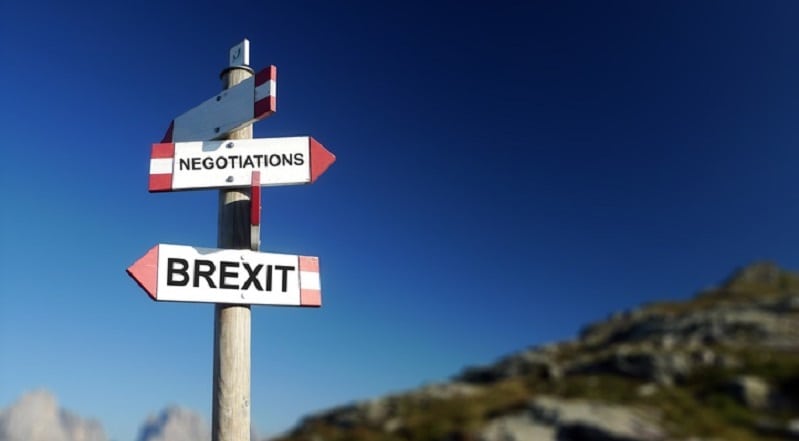UK growth domestic product (GDP) growth has bounced to a post-Brexit high of 0.6% in Q3, however, business investment slumped 1.2% over the period as uncertainty about the UK’s exit from the European Union leads to business caution.
It is the highest quarterly figure since Q4 2016 when GDP growth was 0.7%.
The football World Cup and heatwave buoyed the positive growth, which was up from 0.4% in Q2 and 0.1% in Q1. Monthly data shows growth was flat in September and analysts expect reduced growth in Q4.
The construction sector led growth climbing 2.1% quarter-on-quarter due to improving weather from earlier in the year. Transport and communication boosted growth in the services sector, which grew 0.4%, while industrial production rebounded to 0.8% growth after contracting by the same amount in Q2.
Net trade made a substantial contribution to GDP growth but this was significantly influenced by non-monetary gold. Goods and services exports rebounded from a 2.2% fall in Q2 to 2.7% for Q3, contributing 0.8% to GDP growth.
The 1.2% fall in business investment follows declines of 0.7% in Q2 and 0.5% in Q1. The increasing slump is due to Brexit uncertainty, according to EY Item Club.
Falling business investment has implications for GDP growth and the labour market, said Andy Scott, associate director at financial risk management consultancy JCRA. Scott expects the economy to slow in the current quarter as businesses and consumers prepare for the possibility no solution is reached for the Irish border issue.
2019 forecasts depend on Brexit
Full year GDP growth is forecast at 1.3%, based on Q4 growth of 0.3%, improving to 1.5% in 2019 if the UK reaches a Brexit deal with the European Union, according to EY Item Club.
“However, if the UK does end up exiting the EU without a deal next March, growth in 2019 is likely to come in substantially lower as major uncertainty hits consumer and business sentiment and investment,” says EY Item Club chief economic adviser Howard Archer.
“Trade will also be affected, although, with both export and import growth suffering, the effect on GDP growth from this source would be ambiguous.”
Scott said currency could swing 10% in either direction depending on the Brexit negotiations outcome.
“In a two-way risk scenario, such as the current state of Brexit negotiations, the flexibility that some vanilla FX structured products offer, can be a good option. It means protecting 100% of the FX exposure, but has the added benefit of being able to benefit somewhat from favourable moves,” he said.







